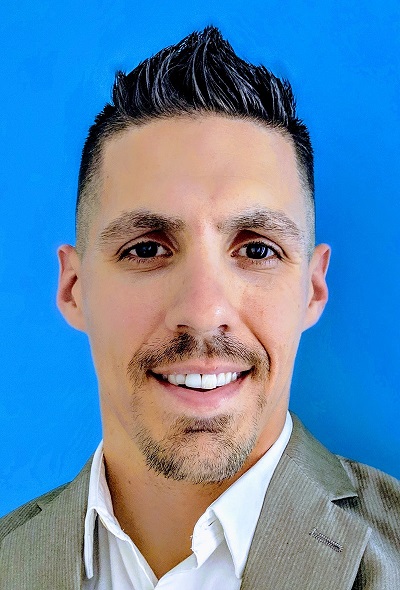Editor’s Note: This is the first article in a two-part series examining how a specific legal principle is critical in adjudicated hospitality cases in court.
By Dr. Gary L. Deel, Ph.D., J.D., Faculty Director, School of Business, American Military University
The series Expert Witness Chronicles relates to my work as an expert witness assisting attorneys litigating hospitality and tourism cases in court. You can read more in this series here.
In this case, a simple slip and fall in a Las Vegas hotel room, and a failure to properly maintain hotel facilities led to considerable liability.
The facts of this case are not largely in dispute. Rather, the pivotal questions are: Who is liable for what happened, and for how much?
At the onset, it’s important to note that, in the interest of confidentiality, I do not reveal the actual identities of those involved in these cases. However, as you read their stories I suspect you’ll agree that the “who” is often far less interesting than the “what,” “how,” and “why.”
Slip and Fall Case Overview
In this case, the plaintiff, whom we’ll call Janet, stayed at a Las Vegas casino hotel for a conference a few years ago. She was there for three days.
On the morning of her second day in town, she awoke and, while on her way to the bathroom to get ready for a long day of meetings and networking, she slipped and fell on water that had pooled on the tile floor in the foyer of her room. Janet sustained considerable injuries, including lumbar spinal alignment issues that will require indefinite therapy and medication. Following her slip and fall, Janet retained an attorney to sue the hotel. Her attorney hired me to testify as to the hotel’s duty of care and its breach of that duty.
The biggest issue in this case obviously concerned how and why the water came to be on the floor in Janet’s room.
After her fall, Janet called down to hotel management and reported the incident. The hotel sent two of its security officers to Janet’s room to investigate the issue. The officers offered Janet basic first aid, which she declined. Instead, she opted to drive herself to a local hospital later that day, where she was diagnosed with disc protrusions and other spine-related injuries.
In terms of investigation, the security officers photographed the water at the scene. They also photographed droplets of water hanging from the light fixture above the tile floor, which indicated that the water had come from the ceiling above rather than from some other means inside her room. This was important because, without this evidence, the hotel might have attempted to defend itself by claiming that Janet herself had caused the water on the floor — for example, by spilling it from a glass or leaving a faucet on that overflowed.
The next challenge, though, was to establish how water came to be leaking from the ceiling in Janet’s hotel room. Determining the source of the water was important because, if Janet’s attorneys could show that the water came from a source within the exclusive control of the defendant — that is, the hotel —they could establish a presumption that the hotel was negligent by default through what is known as the doctrine of res ipsa loquitur.
As discussed in an earlier article, res ipsa loquitur is the Latin term that translates literally to “the thing speaks for itself.” In the legal world this doctrine means that, if a thing is within the exclusive control of a defendant, and that thing becomes unsafe in such a way that it causes actual injury to a plaintiff, then there is a rebuttable presumption that the defendant was negligent in some way with its care or operation of that thing.
As an example, if a chandelier suddenly falls from the ceiling in a hotel and strikes someone on the head, causing injury, the hotel would be presumed to be liable for the injuries, provided that the chandelier was in the exclusive control of the hotel. Why? Because chandeliers don’t just spontaneously fall from ceilings in the normal course of hotel business affairs. If the chandeliers are properly installed, maintained, and looked after, they shouldn’t do that. So if a chandelier does fall from a ceiling, it’s a sign that something went wrong. Again, the thing speaks for itself.
What kinds of circumstances could rebut a presumption of negligence by way of res ipsa loquitur? If the defendant lacked exclusive control over the object in question, that might do it. Suppose a child in the hotel suddenly decides to jump up on a table and then hang from the chandelier. If the hotel could not reasonably have anticipated or stopped that child from jumping up and hanging on the chandelier, and if the child’s hanging on the chandelier was what caused it to fall, then the hotel might be able to defend itself that it was not in fact liable for the incident.
What if a manufacturing defect caused the chandelier to fall? This too might give the hotel a means of transferring liability for the injuries caused to a third party, the manufacturer. But in the absence of extraneous facts about wild children or manufacturing defects, res ipsa loquitur stands.
So how does this legal doctrine apply to the facts in Janet’s case? In the second part of this series, we’ll look at how this case ended, and why hotels should be vigilant in their premises maintenance efforts.


Comments are closed.